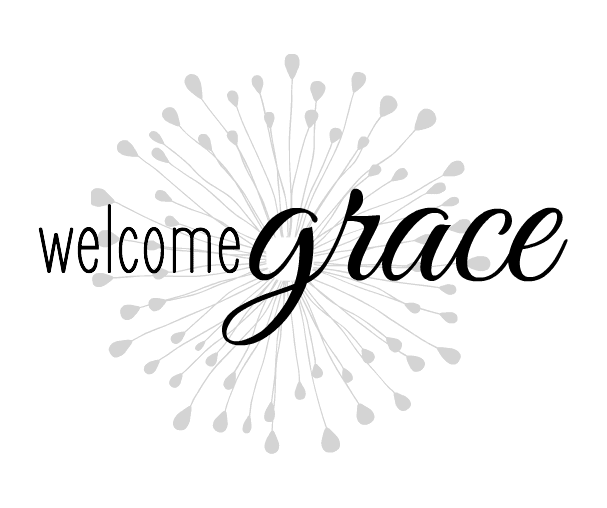I’m Jessica Van Roekel
Author, Speaker, Becomer
Welcome Grace
Discipleship, surrender, and worship rooted in God’s grace
TAKE THE CHALLENGE
Discover freedom & hope!
You can experience a vibrant meaningful relationship with God through this 3 Day Reframing Rejection Challenge.
Your free resource for joining the community!
I like to encourage you.
I’ve discovered that life is a journey that unfolds day by day, circumstance by circumstance, strength to strength, weakness to weakness.
It’s a journey that involves breaking cycles that interfere with transformation. There will be twists and turns and double backs, but persistently moving forward, onward, and upward.

A Blessing When We Feel Less-Than
When your heart feels stuck in shame, may you refuse to hide, but may you run to Jesus' arms and receive freedom.

